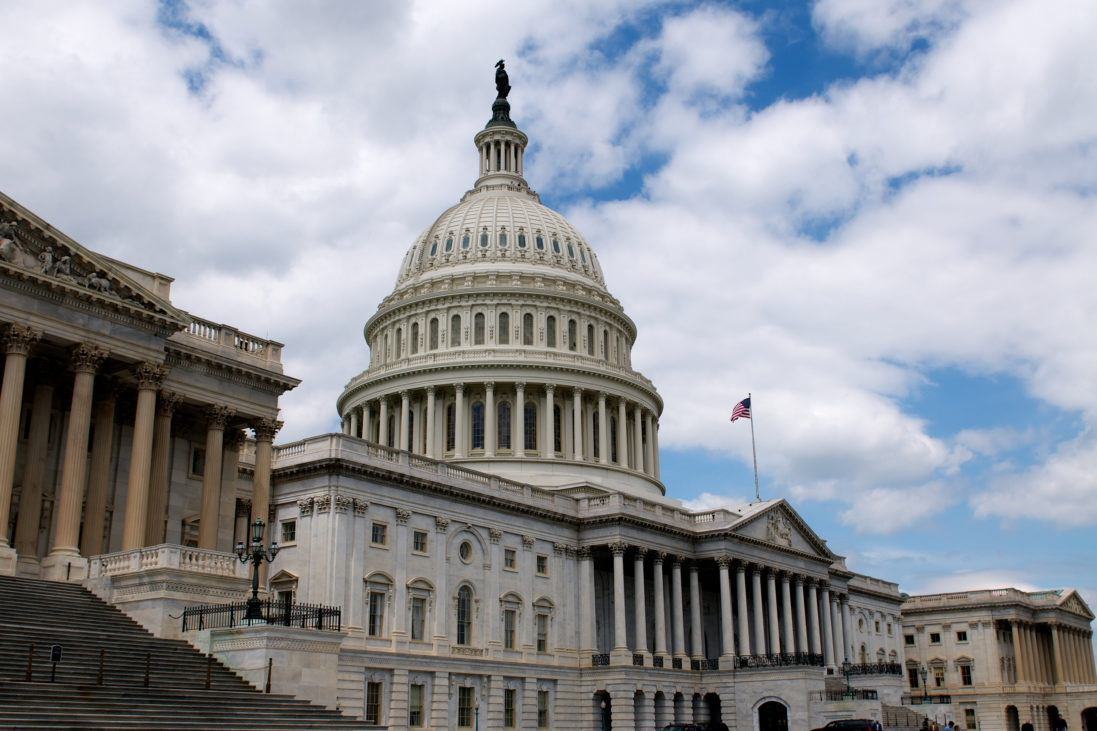
June 3, 2019
NBAA joined with 13 other aviation associations to oppose H.R.1947, a bill recently passed by the U.S. House of Representatives, which includes a provision capping financial reimbursements available to U.S. military veterans who pursue commercial flight training at public universities.
In the May 21 letter to Speaker of the House Rep. Nancy Pelosi (D-12-CA) and House Minority Leader Rep. Kevin McCarthy (R-23-CA), the groups termed working as a commercial pilot “a rewarding career” requiring “thorough, in-depth, and complex training.
“Without the aid of their promised veterans’ benefits, most veterans can ill afford such training,” the letter continued. “Capping funds available for flight training degree programs virtually guarantees that veterans seeking to use their GI Bill benefits to enter the aviation industry will have insufficient funds to achieve their goals.”
The associations maintained such limits force veterans to expend their own financial resources or take on student loan debt to complete their training, or else abandon their plans to become professional pilots.
Intended to curtail isolated instances of dishonest billing practices, similar funding caps have long been a controversial element in flight training provisions of the GI Bill. While acknowledging the need to protect against such abuses, the associations called the limits included in H.R.1947 an “unfair and discriminatory” measure that “severely undermines the important goal of helping our nation’s veterans enter a field where they are desperately needed.
“We support the need for improved fiscal responsibility by the government and strongly support tightening the existing regulations of the Department of Veterans Affairs to curb abuses by a minority of flight schools affiliated with collegiate degree programs,” the associations added. “However, despite these positive improvements, we cannot support this bill as written.”
The bill notably contains other provisions welcomed by the associations, including accelerated payment provisions to help veterans complete flight training; financial coverage to obtain a private pilot license through a professional flight school; and allowances for public universities to contract for flight training, making such programs available to a greater number of veterans.
H.R.1947 is now pending in the U.S. Senate, where the broad coalition of aviation associations will continue education efforts on the negative aspects of the proposed funding cap.
Read the Letter to Reps. Pelosi and McCarthy regarding H.R. 1947


 International Business Aviation Council Ltd.
International Business Aviation Council Ltd.